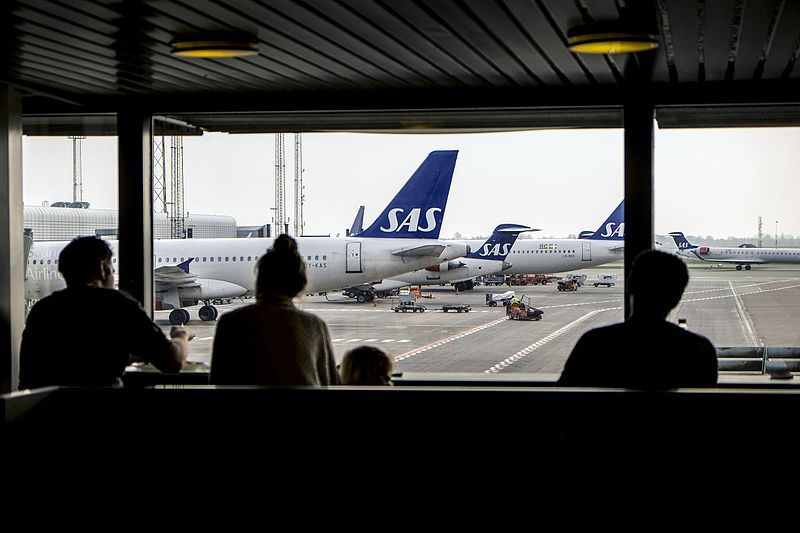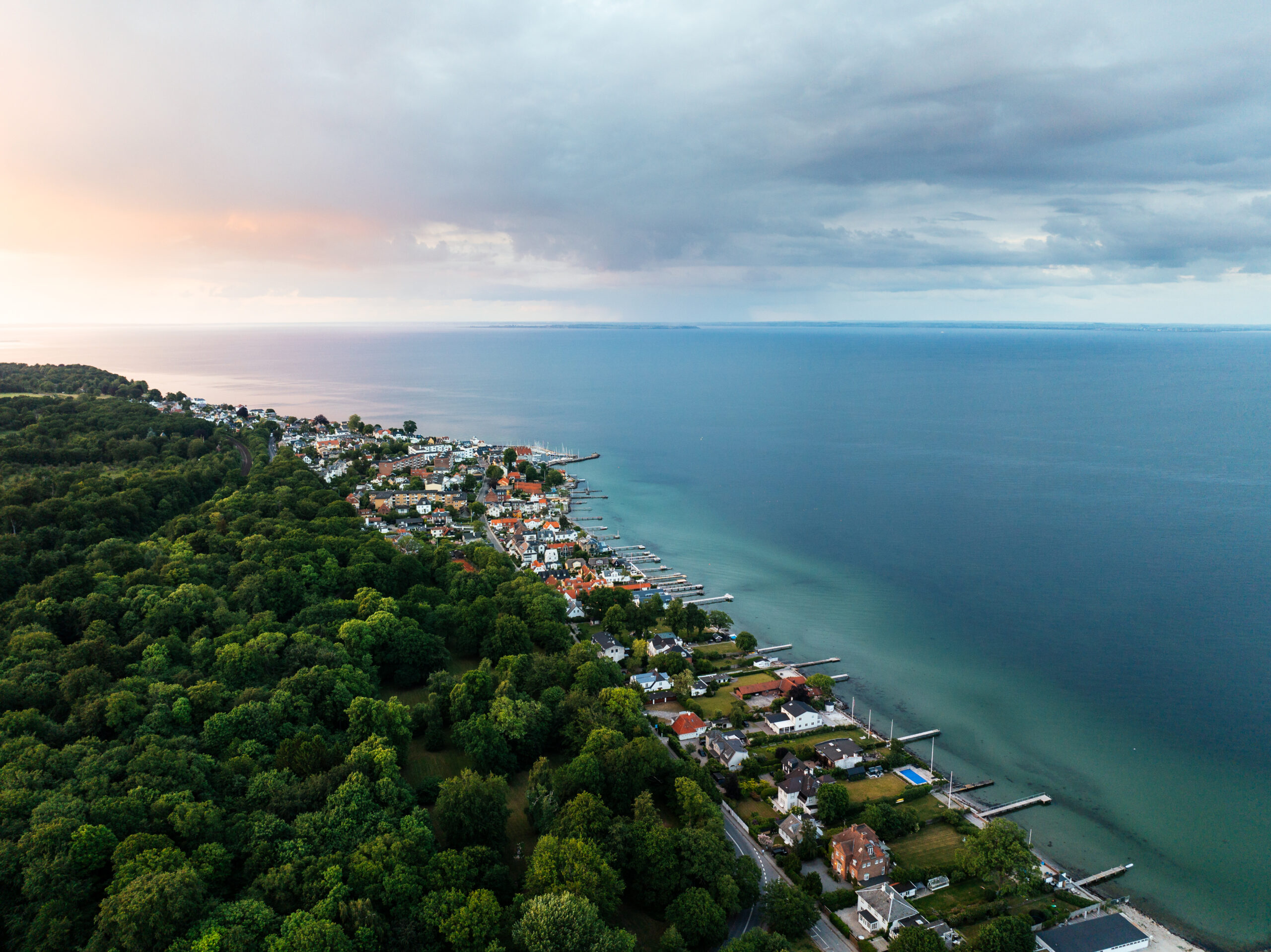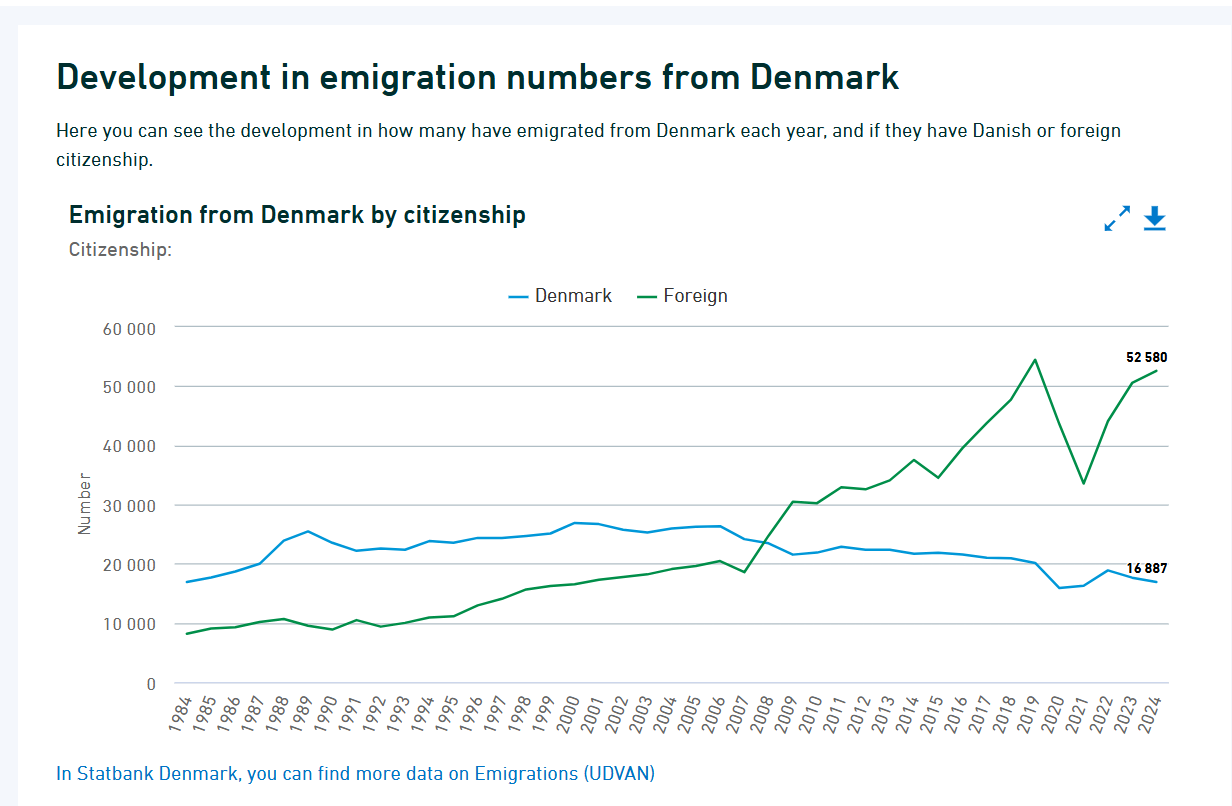The vacation plans for thousands of people in Denmark could be affected, as Malta introduced new travel restrictions on Wednesday.
The Mediterranean island, a popular destination with many Danes, forbids anyone over the age of 12 who hasn’t been fully vaccinated from entering the country.
The restrictions come after an increase in COVID-19 cases and the rise of the Delta variant in Europe.
No domino effect
However, Erik Brøgger Rasmussen, the chief operating officer of the Foreign Ministry, feels certain that Malta’s decision will not create a ‘domino effect’ of travel restrictions for the rest of Europe:
“I can’t imagine something like that would happen. I think people will be able to travel openly throughout most of the EU during the summer,” he told DR.
Countries depend on tourism
Big countries like Greece, Spain and Italy direly need the tourism industry to flourish and it is unlikely that they will close their borders, Rasmussen predicts.
“Around 20 percent of the big countries’ GDP comes from tourism. Everything is prepared for them to have a summer season with lots of paying visitors – otherwise, their economy won’t be able to hold.”
However, local restrictions in some countries and regions can’t be ruled out.
“Catalonia has closed its nightlife, so if you want to party and dance on the tables it wouldn’t be a good idea to go there. But that doesn’t mean that you can’t lie on the beach during the day, eat a meal and have a good vacation anyway,” Rasmussen explained.
Check travel guides
The Foreign Ministry encourages everyone with travel plans to visit their website and keep themselves updated, as each country’s status can change with short notice.
“If you’re trying to decide to go either to France, Italy or Spain, you should visit the page for each individual country and learn which rules apply,” urged Erik Brøgger Rasmussen.
“And if you book your vacation today and leave a week later, you should keep reading regularly since the travel guides could change.”


















